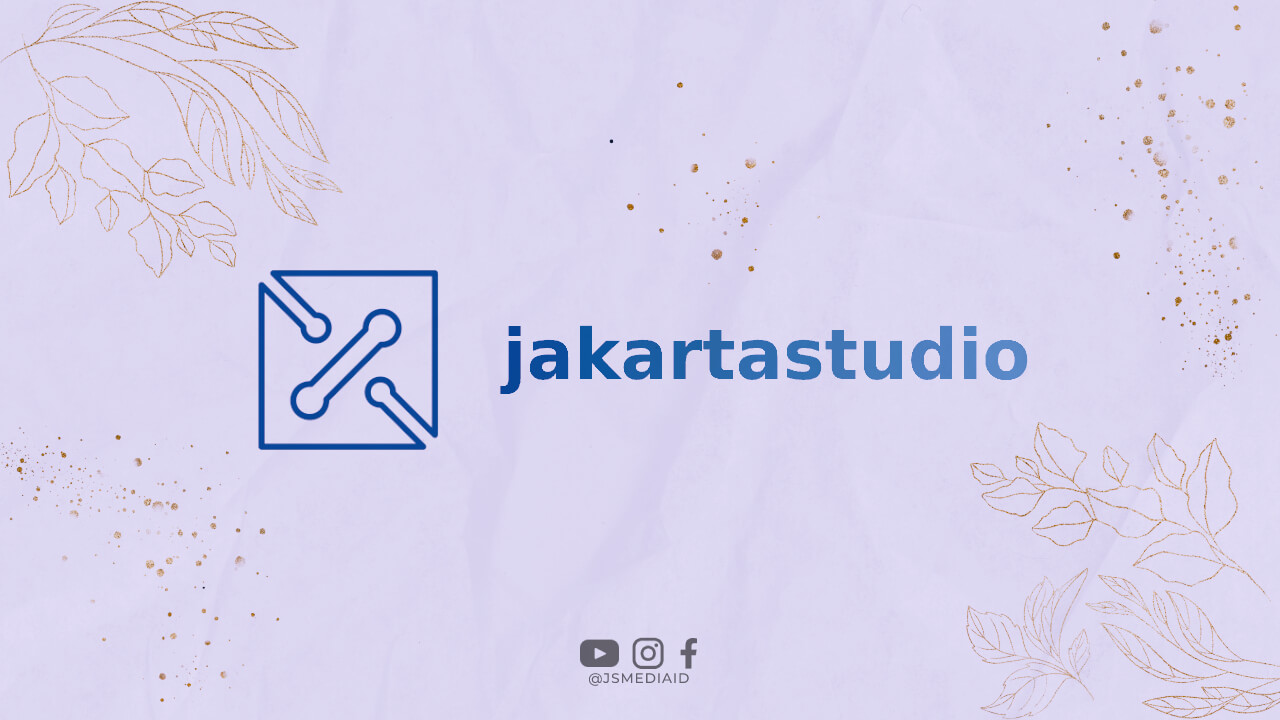Westpac, one of the largest banks in Australia, has announced its plan to sell its lenders mortgage insurance business to Arch Capital Group Ltd. This move is expected to earn Westpac an estimated $600 million in proceeds.
What is lenders mortgage insurance?
Lenders mortgage insurance (LMI) is a type of insurance that protects lenders in the event that borrowers default on their mortgage loans. It typically applies to borrowers who have a deposit of less than 20% of the property’s value. LMI is often required by lenders in order to mitigate the risks associated with lending to high-risk borrowers.
Why is Westpac selling its LMI business?
Westpac’s decision to sell its LMI business is part of its broader strategy to simplify its operations and focus on core banking activities. The sale will allow Westpac to free up capital and reduce risk-weighted assets, which will help improve its capital position and strengthen its balance sheet.
Who is Arch Capital Group?
Arch Capital Group Ltd is a Bermuda-based insurance and reinsurance company that provides a range of specialty insurance products and services. The company has a strong track record of profitable growth and has been expanding its presence in the Australian market in recent years.
What are the implications of the sale?
The sale of Westpac’s LMI business to Arch is expected to have several implications for the Australian mortgage market. Firstly, it will reduce the level of competition in the LMI market, as Arch will become the dominant player in this space. This could lead to higher premiums for borrowers, particularly those with lower deposits.
Secondly, the sale could have an impact on the availability of credit for high-risk borrowers. LMI is often a key requirement for borrowers with low deposits, and the reduced competition in this market could make it harder for these borrowers to access credit.
What does this mean for Westpac?
For Westpac, the sale of its LMI business is a positive development. The proceeds from the sale will improve the bank’s capital position, which will help it meet regulatory requirements and strengthen its balance sheet. It will also allow Westpac to focus on its core banking activities and simplify its operations.
What does this mean for borrowers?
For borrowers, the sale of Westpac’s LMI business could have both positive and negative implications. On the one hand, the sale could lead to higher premiums for LMI, which could make it more expensive for borrowers with low deposits to access credit. On the other hand, the sale could ultimately lead to a more stable and sustainable LMI market, which could benefit borrowers in the long run.
What does this mean for the Australian mortgage market?
The sale of Westpac’s LMI business to Arch is likely to have a significant impact on the Australian mortgage market. The reduced competition in the LMI market could lead to higher premiums for borrowers, particularly those with low deposits. It could also make it harder for high-risk borrowers to access credit, as LMI is often a key requirement for these borrowers.
However, the sale could ultimately lead to a more stable and sustainable LMI market, which could benefit borrowers in the long run. It could also allow Westpac to focus on its core banking activities and simplify its operations, which could ultimately benefit customers and shareholders.
Conclusion
The sale of Westpac’s LMI business to Arch is a significant development in the Australian mortgage market. While it is likely to have both positive and negative implications for borrowers, it is ultimately a positive development for Westpac, as it will allow the bank to simplify its operations and improve its capital position. It remains to be seen how the sale will impact the wider mortgage market, but it is likely to have far-reaching implications for borrowers, lenders, and regulators alike.

